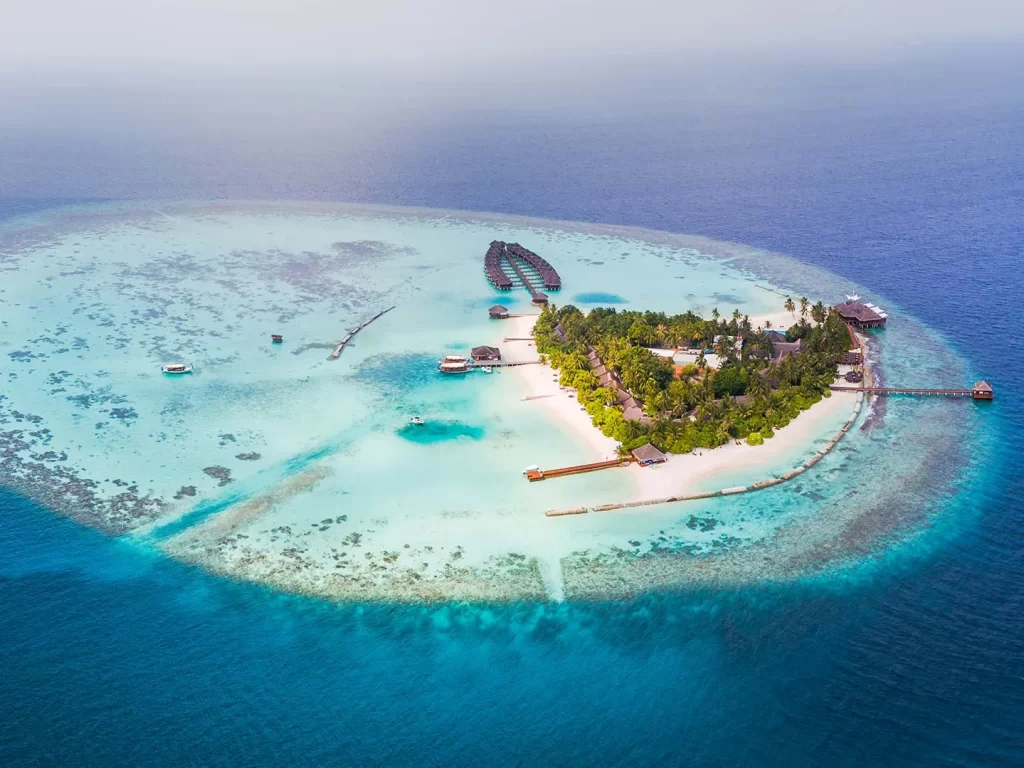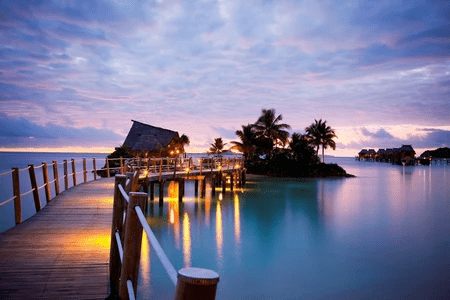In the South Pacific Ocean located in Fiji, a small island nation. It has faced numerous ecological challenges due to its limited resources and fragile ecosystems. But Fiji has taken significant steps toward environmental sustainability to meet these challenges.
In recent years, Fiji’s government has implemented various initiatives to protect natural resources and promote sustainable development. These include:
Increasing access to clean water through improved infrastructure.
Reducing energy consumption by promoting renewable energy sources such as solar power.
Developing protected areas for endangered species conservation.
Improving waste management practices by introducing recycling programs. And,
Encouraging responsible tourism practices that minimize negative impacts on local environments.
Additionally, the country is actively involved with United Nations Environment Programme (UNEP) and many other international organizations which provide support for projects related to climate change mitigation and adaptation measures across Fiji’s islands.
Progress for Environmental sustainability in Fiji
Fiji is taking environmental sustainability seriously and is actively working towards meeting its ecological challenges. The country faces various issues, such as reducing plastic waste, preserving its extensive coral reefs, and protecting marine life. The Fiji government and its people collaborate to achieve the country’s sustainable goals. Fiji has emerged as a global leader in creating awareness about environmental problems and taking concrete actions toward resolving them. Fiji is moving towards a greener and cleaner future by addressing these environmental and ecological issues.
Reducing plastic waste
Fiji is taking strong measures to tackle the issue of plastic pollution in its waters. The country has banned using single-use plastic bags and products made from Styrofoam. This plastic is a significant contributor to waste, causing pollution in the ocean. The production of plastic is strictly regulated in Fiji, and the importation of non-degradable plastics is prohibited. In addition, the government is educating people about the harmful effects of plastics. It is also promoting volunteer and NGO cleaning programs to reduce the amount of plastic pollution. These efforts play a vital role in maintaining environmental sustainability in Fiji.
Protecting coral reefs
Fiji is famous for its stunning coral reefs that attract travelers, tourists, and mariners. These reefs are essential to the ocean’s ecosystem, providing habitat for over 25% of the world’s marine species. These reefs serve as a food source for local populations. Colonies of Corals form Coral reefs, tiny animals related to jellyfish and anemones. Their growth and survival depend on a symbiotic relationship with algae. However, coral bleaching can occur due to pollution and warming sea temperatures, causing corals to lose their algae supply and their vibrant colors. To preserve its coral reefs, Fiji established Marine Protected Areas (MPAs) in 2000, which monitor and regulate fishing and other activities around the reefs. Additionally, Fiji has identified resilient forms of coral. It is now growing them in nurseries throughout its oceans to help maintain the survival of its coral reefs.
Fiji has seen a significant increase in its coral cover, with a 500% increase. Alternative ways to earn revenue evolved due to the restrictions on fishing in these protected areas, which have impacted local fishing businesses’ income. For instance, dolphin-watching tours have become a popular and profitable alternative in areas where fishing is no longer allowed.
Permaculture farming
Sustainable practices are not just limited to Fiji’s ocean environment. In rural areas like the Yasawa Islands, permaculture farming is implemented to create a more sustainable and self-sufficient environment. Permaculture involves efficiently using the land and its resources to preserve it for future generations. This includes utilizing alternative energy sources such as solar and wind panels, capturing rainwater, and implementing a no-waste policy. To address shortages of fresh water, new sources have been drilled to provide isolated communities with access to clean drinking water. These efforts demonstrate Fiji’s commitment to comprehensive and holistic environmental sustainability.
Major industries contributing to Fiji’s economy:
In Fiji, key industries such as sugar cane, timber, and coconut production are taking a sustainable approach. The sugar cane sector utilizes cutting-edge technologies such as artificial intelligence analysis of crops and soil to improve yields and diversify their offerings with specialty goods like specialty sugars, low GI sugars, and pharmaceuticals. Meanwhile, Fiji Pine is focused on preserving and restoring the environment by planting more trees than it harvests, especially on lands damaged by erosion. These efforts align with Fiji’s goal of promoting environmental sustainability.
Restoring mangroves to conserve beauty and nature:
Fiji boasts the third largest mangrove area in the Pacific region, offering a habitat for an abundance of fish and a shield for the mainland against natural disasters such as cyclones and floods. Marine biologists south of Viti Levu have established mangrove nurseries, and island villages such as Nacula have implemented mangrove planting initiatives to protect the coastlands further and preserve the ecosystem. Visitors to Fiji are encouraged to participate in these efforts and positively impact the Fijian ecosystem while enjoying the island’s breathtaking scenery and abundant activities.
Fiji is demonstrating its commitment to preserving the environment by taking essential steps toward environmental sustainability. Fiji ensures a bright future for its people and its natural wonders with initiatives such as marine protected areas, permaculture farming, sustainable sugar cane and timber production, and mangrove planting. These efforts benefit the local environment, attract tourists to experience Fiji’s stunning landscapes, and support the local economy.
Follow the link to support local art businesses: The Ajrak Of Sindh








